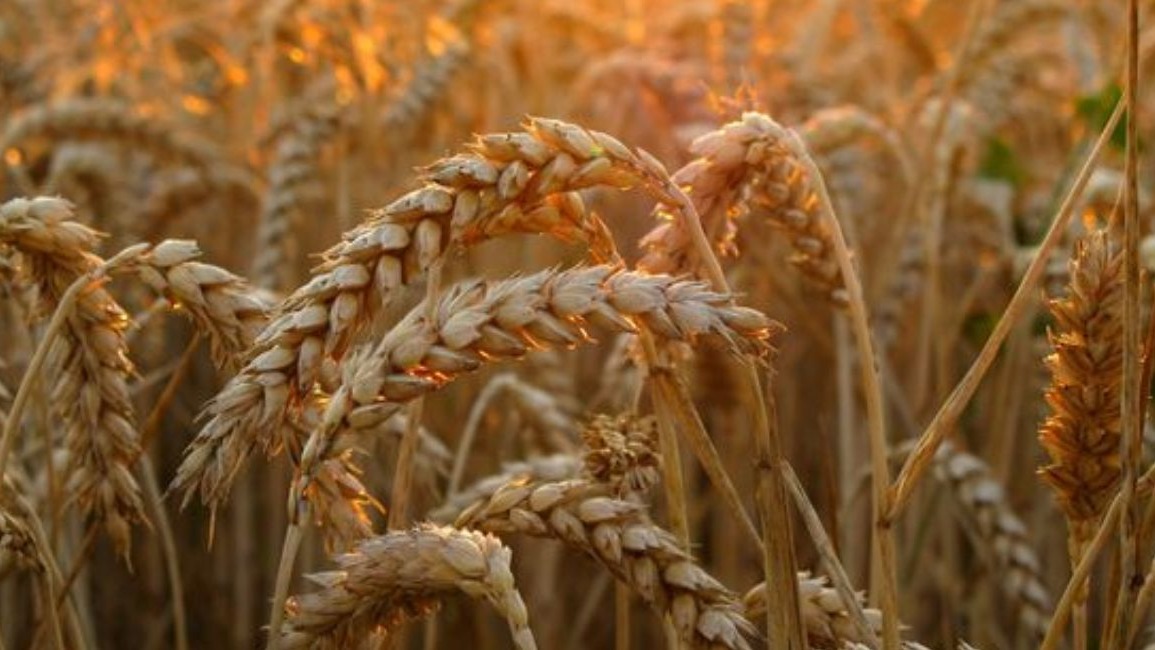As North India gradually faces the intensifying heat, meteorologists predict an unusually high-temperature year ahead with further increases over the coming years. The severe heat directly impacts agricultural yields, prompting scientists to research ways to combat this challenge.
Amid growing global warming concerns that could heavily reduce crop production, CSA University, one of India's oldest agricultural institutions, has developed a wheat variety that can grow with 70% less water.
University Vice-Chancellor Anand Kumar Singh highlighted wheat as a key crop, contributing over 33% to the country's food production in 2023 – over 110 million tons. With a projected per capita consumption of about 74 kg by 2030, India's wheat demand could rise to 140 million tons by 2050 as the population grows.
The challenge of supplying sufficient water to crops under global warming and rising temperatures is immense. CSA University has developed wheat varieties that promise a bumper harvest even with minimal irrigation, with ongoing research to improve this resilience.
Yields to Increase by 2 Tons per Hectare
Traditional techniques were utilized to develop this wheat variety, involving crossbreeding between the K0307 and K9162 types. It takes four months for this variety to fully mature. The Vice-Chancellor added that current wheat yields are at 3.5 tons per hectare, but the new variety is expected to enable an increase up to 5.5 tons.
This advancement could potentially double farmers' incomes. It's capable of growing in low-nitrogen fertilizers, setting it apart from similar crops. Along with the reduced impact of off-season rains and hail, this variety is less likely to suffer crop damage.




